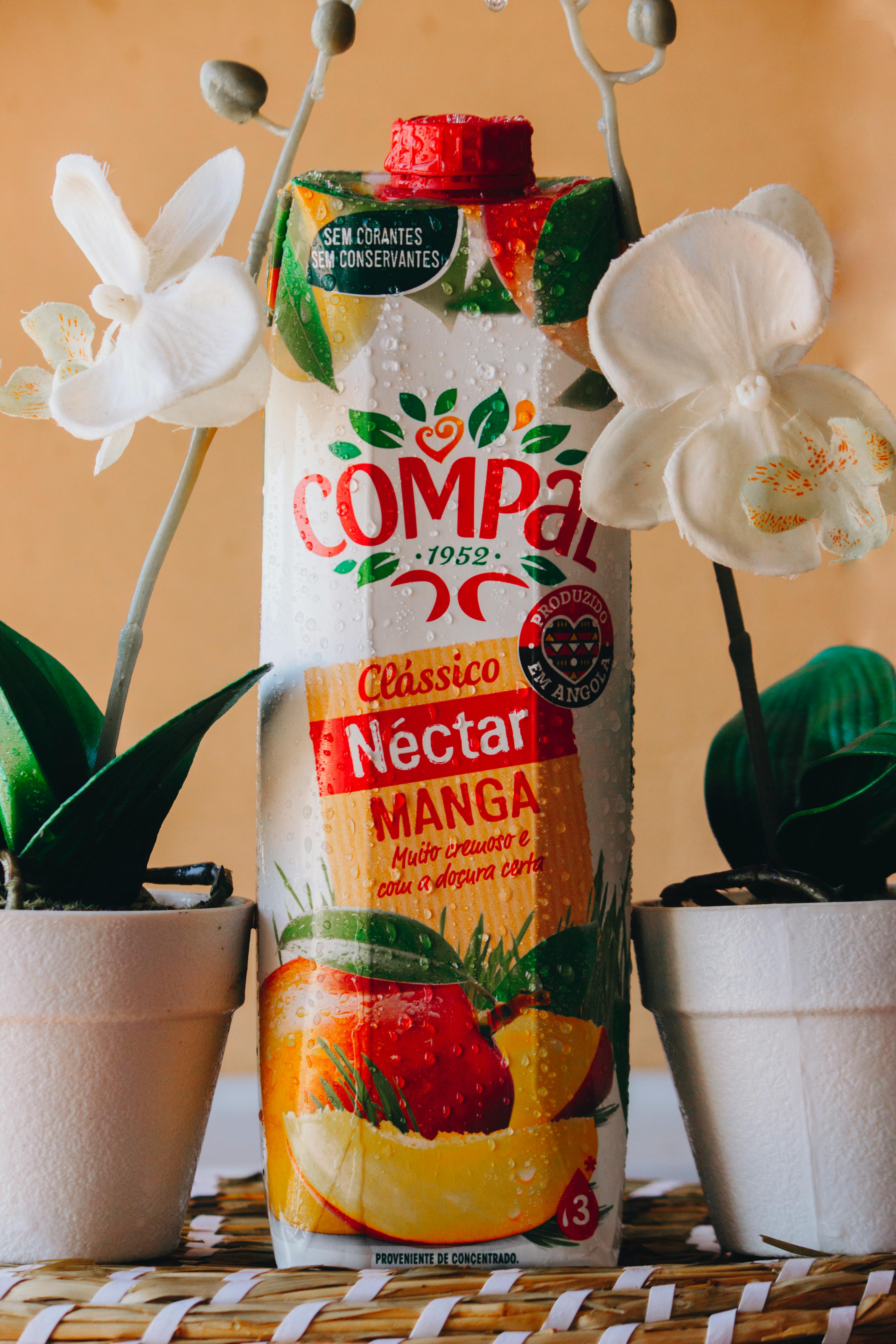Key Takeaways
- Versatile Ester: Banana oil, or amyl acetate, is a colorless liquid with a sweet, fruity banana aroma, making it ideal for various applications.
- Fragrance Enhancement: Widely used in cosmetics, perfumes, air fresheners, and scented candles to create appealing and inviting scents.
- Industrial Solvent: Serves as an effective solvent in paints, coatings, printing inks, adhesives, and nail polish removers due to its rapid evaporation and ability to dissolve organic compounds.
- Health & Wellness Benefits: Utilized in aromatherapy for relaxation, natural cleaning solutions as an eco-friendly solvent, and mood enhancement through its pleasant scent.
- Cosmetic Advantages: Enhances skincare products, improves texture and application of lotions and creams, and adds delightful aromas to hair care products like shampoos and conditioners.
- Safety Precautions: Highly flammable and requires careful handling, including proper ventilation, protective gear, and secure storage to prevent accidents.

I’ve always been intrigued by everyday substances and their hidden potentials. Banana oil is one of those unsung heroes that packs a punch in various applications. Its unique properties make it a valuable asset across multiple fields.
From enhancing fragrances in cosmetics to serving as a practical solvent in industrial settings, banana oil offers a range of benefits that are worth exploring. Its versatility not only makes tasks easier but also contributes to more sustainable practices.
In this article, I’ll walk you through the different uses of banana oil and highlight the advantages it brings to both consumers and industries alike. Let’s uncover why banana oil deserves a spot in your toolkit.
What Is Banana Oil?

As a banana enthusiast, I find banana oil, scientifically known as amyl acetate, particularly intriguing. This ester forms when acetic acid reacts with amyl alcohol, resulting in a sweet, fruity aroma that captures the essence of bananas. I use banana oil in various recipes to enhance flavors, but its applications extend beyond the kitchen. It’s an effective solvent in paints, coatings, and printing inks, efficiently dissolving diverse organic compounds. Additionally, banana oil plays a role in nail polish removers and adhesives, thanks to its quick evaporation properties. Whether produced naturally through fermentation or synthesized for industrial purposes, banana oil remains a versatile ingredient in many fields I love exploring.
Composition And Chemical Properties
Banana oil, scientifically known as amyl acetate, has the chemical formula C₇H₁₄O. Its molecular weight is 130.19 g/mol. This ester forms through the reaction of acetic acid and pentanol. Amyl acetate appears as a colorless liquid with a distinct sweet, fruity scent that mimics the aroma of bananas.
Here are some key chemical properties:
| Property | Value |
|---|---|
| Chemical Formula | C₇H₁₄O |
| Molecular Weight | 130.19 g/mol |
| Boiling Point | 142°C |
| Density | 0.900 g/cm³ |
| Vapor Pressure | 147 mmHg @ 25°C |
| Solubility in Water | 1.7 g/L |
| Flash Point | -4°C |
Amyl acetate exhibits a high vapor pressure, which allows it to evaporate quickly at room temperature. Its low solubility in water makes it an effective solvent for various organic compounds. Additionally, amyl acetate is highly flammable, necessitating careful handling and storage. These properties contribute to its versatility in applications ranging from solvents in paints and coatings to flavoring agents in the food industry.
Uses Of Banana Oil
Banana oil, scientifically known as amyl acetate, offers diverse applications across various industries. Its versatile properties make it a valuable component in both consumer products and industrial processes.
In Fragrances And Perfumery
I use banana oil to enhance fragrances in cosmetics and personal care items. It serves as a key ingredient in perfumes, providing a sweet, fruity aroma that appeals to many. Additionally, banana oil is found in air fresheners and scented candles, creating inviting and pleasant scents.
Industrial Applications
Banana oil functions effectively as a solvent in numerous industrial applications. It’s commonly used in paints, coatings, and printing inks due to its rapid evaporation rate. Furthermore, banana oil plays a role in adhesives and nail polish removers, ensuring efficient application and quick drying. Its ability to dissolve various organic compounds makes it indispensable in manufacturing processes.
Benefits Of Banana Oil
Banana oil provides significant advantages in both health and cosmetic applications. Its versatile properties enhance various products, making them more effective and enjoyable.
Health And Wellness
- Aromatherapy Uses: Banana oil’s sweet fragrance promotes relaxation and reduces stress. It’s commonly incorporated into diffusers and massage oils to create a calming environment.
- Natural Cleaning Solutions: Serving as an eco-friendly solvent, banana oil is used in cleaning products. It helps eliminate harsh chemicals, contributing to a healthier living space.
- Mood Enhancement: The pleasant scent of banana oil can uplift spirits and improve overall mood, making it a valuable addition to wellness routines.
Cosmetic Advantages
- Perfume Formulations: Banana oil adds a fruity note to perfumes, enhancing their scent profile and making them more appealing.
- Nail Polish Removers: Its effective solvent properties ensure quick and gentle removal of nail polish without drying out the nails.
- Skincare Products: Used as a carrier oil, banana oil improves the texture and application of lotions and creams, providing a smoother finish.
- Hair Care: Incorporating banana oil into shampoos and conditioners imparts a delightful aroma and supports quick drying, enhancing the overall hair care experience.
Safety Considerations
- Flammability: Banana oil is highly flammable. Keep it away from open flames and heat sources.
- Ventilation: Use in well-ventilated areas to prevent inhaling fumes.
- Protective Gear: Wear gloves to avoid skin contact during handling.
- Storage: Store in cool, dry places in tightly sealed containers to minimize evaporation and fire risks.
- Medical Precautions: If ingested, seek medical assistance immediately as amyl acetate can be harmful.
Conclusion
Banana oil has truly proven itself as a versatile and valuable ingredient across various industries. From enhancing the scents in our favorite cosmetics to serving as an effective solvent in industrial applications it’s clear that its benefits are both wide-reaching and impactful.
I’m excited to see how banana oil continues to be integrated into everyday products and sustainable practices. Whether you’re a consumer or a professional in the field banana oil offers something useful and enjoyable. Embracing its uses can lead to better products and a more eco-friendly lifestyle.
Frequently Asked Questions
What is banana oil?

Banana oil, scientifically known as amyl acetate, is an organic compound with the chemical formula C₇H₁₄O. It is renowned for its sweet, fruity aroma, reminiscent of bananas. Banana oil is widely used in various industries, including cosmetics, perfumery, and manufacturing, due to its versatile solvent properties and pleasant scent. Its ability to rapidly evaporate and dissolve numerous organic compounds makes it invaluable in applications ranging from nail polish removers to industrial coatings.
What are the primary uses of banana oil?
Banana oil is utilized in multiple fields due to its versatile properties. In cosmetics, it enhances fragrances and serves as a gentle nail polish remover. The industrial sector leverages banana oil as a solvent in paints, coatings, printing inks, and adhesives. Additionally, it is used in culinary recipes to amplify flavors and in aromatherapy for its mood-enhancing effects. Its quick evaporation and ability to dissolve various organic compounds make it a staple in both natural and synthetic applications.
How does banana oil benefit the cosmetics industry?
In cosmetics, banana oil plays a crucial role by enhancing perfume formulations and providing a delightful aroma in products like scented candles and air fresheners. Its solvent properties allow for the efficient removal of nail polish without harsh chemicals. Moreover, banana oil improves the texture of skincare products and adds a pleasant fragrance to hair care items. These benefits make it a valuable ingredient in creating appealing and effective beauty and wellness products.
What are the health and wellness benefits of banana oil?
Banana oil is beneficial in health and wellness through its use in aromatherapy, where its sweet scent promotes relaxation and mood enhancement. As an eco-friendly solvent, it is incorporated into cleaning products, reducing the reliance on harmful chemicals. Additionally, its pleasant aroma in personal care items contributes to an overall sense of well-being. However, it’s important to handle banana oil with care due to its flammability and potential health risks if ingested.
What safety precautions should be taken when handling banana oil?
When handling banana oil, it is essential to take safety precautions due to its high flammability and potential health hazards. Use it in well-ventilated areas away from open flames and heat sources. Wearing protective gear, such as gloves, can prevent skin contact. Store banana oil in cool, dry places in tightly sealed containers to minimize evaporation and reduce fire risks. In case of ingestion, seek immediate medical assistance, as amyl acetate can be harmful.
What are the chemical properties of banana oil?
Banana oil, or amyl acetate, has the chemical formula C₇H₁₄O and a molecular weight of 130.19 g/mol. It boasts a boiling point of 142°C and a density of 0.900 g/cm³. The compound exhibits high vapor pressure, allowing it to evaporate quickly at room temperature, and has low solubility in water. These properties make banana oil an effective solvent for various organic substances. Its flammability necessitates careful handling and storage to ensure safety.

Why is banana oil preferred in industrial applications?
« Banana Flour: What It Is and How to Use It – 10 Amazing Ways to Boost Your Cooking
Banana Vinegar: A Tangy Delight – 7 Surprising Benefits and Creative Uses »
Banana oil is favored in industrial settings for its excellent solvent capabilities, efficiently dissolving paints, coatings, printing inks, and adhesives. Its rapid evaporation rate ensures quick drying times, enhancing manufacturing processes’ efficiency. Additionally, banana oil’s ability to blend with both natural and synthetic compounds makes it versatile for diverse applications. Its eco-friendly profile also supports more sustainable industrial practices, reducing the reliance on harsher chemicals.
How is banana oil used in perfumery and fragrances?
In perfumery, banana oil serves as a key ingredient that imparts a sweet, fruity scent to various products. It is used in the formulation of perfumes, air fresheners, and scented candles, enhancing their aromatic profiles. Banana oil’s pleasant aroma blends well with other fragrance components, creating balanced and appealing scents. Its versatility allows perfumers to craft a wide range of fragrances, making banana oil a valuable component in the creation of captivating and long-lasting perfumes.
Can banana oil be used in cooking and food products?
Yes, banana oil is used in culinary applications to enhance flavors in various recipes. Its sweet, fruity taste can add a banana-like flavor to desserts, beverages, and confectionery products. However, it is essential to use food-grade amyl acetate to ensure safety and compliance with food standards. When used appropriately, banana oil can elevate the sensory experience of food and beverages, making it a popular additive in the food industry.
What makes banana oil an eco-friendly solvent option?
Banana oil is considered an eco-friendly solvent because it has lower toxicity compared to many traditional solvents. Its ability to dissolve organic compounds effectively reduces the need for harsher chemicals, minimizing environmental impact. Additionally, banana oil’s rapid evaporation means it breaks down quickly, lowering the risk of long-term environmental contamination. These attributes make it a sustainable choice for various industrial and household applications, supporting greener practices.













